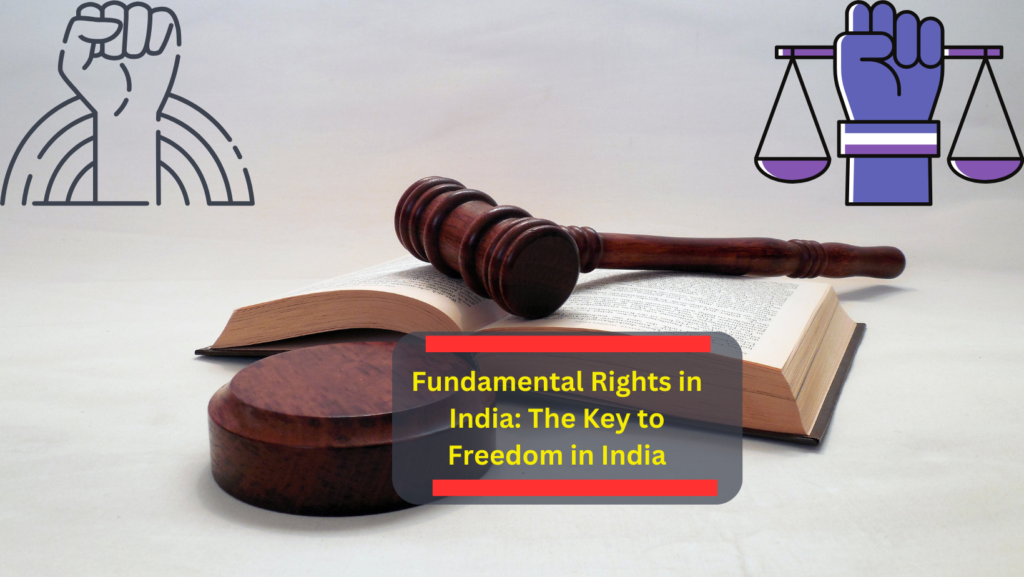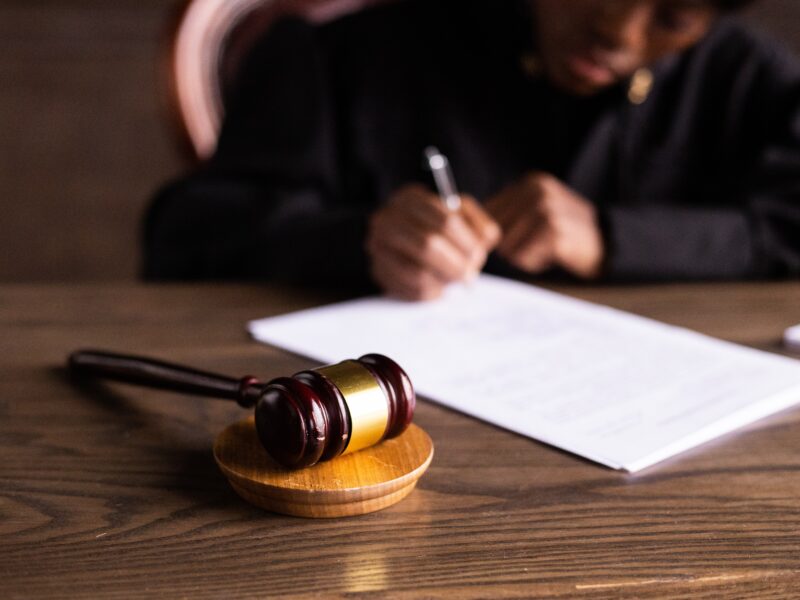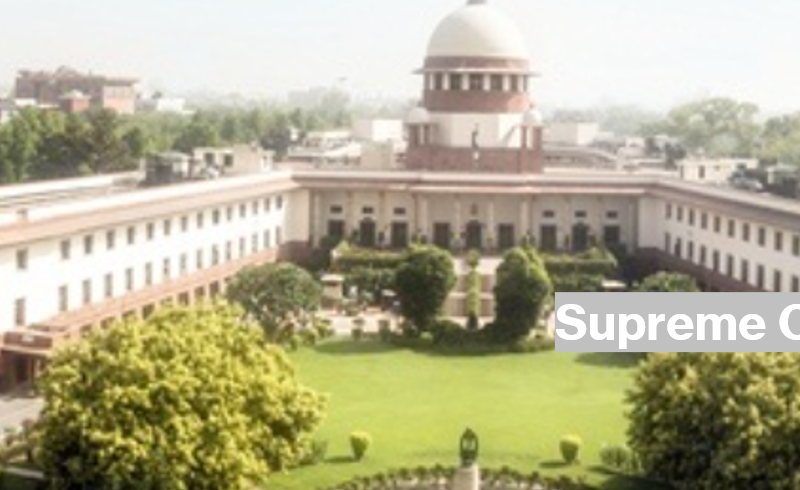Introduction
In India, Fundamental Rights form a vital part of the Constitution, ensuring that citizens’ essential freedoms and liberties are protected. These rights are like the backbone of our legal system, assuring us of justice, equality, and the right to live with dignity. In this article, we’ll explore what Fundamental Rights are, who can claim them, and under what circumstances they can be suspended.

What Are Fundamental Rights?
Every citizen in India is guaranteed a set of fundamental rights, which are frequently referred to as the “heart and soul” of the constitution. These rights are crucial for the general growth and welfare of people as well as society.
Best Samsung TV to buy in budget
Understanding the Fundamental Rights Scheme
6 Fundamental Rights
Every Indian citizen is entitled to a set of personal freedoms and rights known as the Fundamental Rights. Part III of the Indian Constitution has a description of them. The following are a few of the main Fundamental Rights:
Right to Equality: The right to equality guarantees that everyone be treated equally before the law and forbids prejudice based on racial, ethnic, caste, sexual, or geographic origin.
Right to Freedom: This covers the freedom of thought and expression, as well as the freedom to assemble, associate, travel around, reside, and engage in any profession or occupation.
Right against Exploitation: It outlaws child labour, forced labour, and human trafficking.
Every citizen has the right to religious freedom, which includes the freedom to proclaim, practise, and spread any religion.
Cultural and Educational Rights: This affirms that linguistic and religious minorities have the right to create and run their own educational institutions.
Right to Constitutional Remedies: Citizens who believe their Fundamental Rights have been violated have the option to file a lawsuit in court under this right to constitutional remedies.
Top 100 books to read for overall development
What are fundamental rights and duties in India?
In India, a set of fundamental liberties are those that the Indian Constitution guarantees to all of its residents. These liberties guarantee personal freedoms and protections, and include the rights to equality, freedom of speech, and religion, among others. Contrarily, fundamental duties are a set of moral and legal requirements that every citizen is required to uphold in order to support a peaceful and just society. Among these responsibilities are defending everyone’s dignity, the Constitution, and the preservation of India’s cultural legacy. A democratic and egalitarian society in India depends on upholding both fundamental rights and obligations.
Who Is Entitled to Basic Rights?
All citizens in India have access to the fundamental rights. These rights are your defense against any unfair treatment by the government or by anybody else, regardless of whether you are a Hindu, Muslim, Christian, Sikh, rich, poor, male, female, or a member of any caste or faith.
Whom Can Fundamental Rights Be Used Against?
Citizens are generally shielded by fundamental rights from governmental acts. This means that you may file a lawsuit if the government, whether it be the federal government or a state government, breaches your fundamental rights. However, if a private person or organisation is carrying out a public duty or rendering a public service, then these rights also apply to them. A private school, for instance, is prohibited from discriminating against students based on their religion.
Fundamental Rights Suspended
Even while fundamental rights are the cornerstone of our democracy, they may occasionally be temporarily suspended. For the purpose of public order or national security, the government may limit or suspend certain of these rights during a state of emergency. Certain rights, such as the right to life and the right to personal liberty, however, cannot be suspended even in an emergency.
Conclusion
In India, fundamental rights serve as the foundation for an equitable and democratic society. They make sure that everyone is treated equally, fairly, and with respect. These rights give us the ability to seek justice when they are infringed and lay the groundwork for an India that is more inclusive and progressive. Being aware of and upholding these rights is not only required by law, but it is also an essential part of being an informed and responsible citizen.
Top 100 Home Theatre, TV & Video
Frequently Asked Questions
India fundamental rights taken from which country?
The Universal Declaration of Human Rights, which the United Nations ratified in 1948, is the primary source of inspiration for India’s fundamental rights. However, they also have origins in the American Bill of Rights, which upholds individual liberties. These ideas were modified and placed in the proper context by India’s founding fathers when drafting the Constitution to accommodate the country’s special requirements and cultural diversity. India’s dedication to safeguarding individual liberty and advancing social justice is reflected in a set of fundamental rights that draw from both historical and international sources.
Can any limitations be placed on fundamental rights?
Yes, basic rights are not unalienable. They may be limited in the sake of safety, morality, well-being, Indian sovereignty, and territorial integrity. These limitations must be reasonable and proportionate, though.
Can non-citizens in India assert their fundamental rights?
No, only citizens of India have access to fundamental rights. According to the Indian Constitution, non-citizens, including foreigners, do not have the same rights.
Do all Indian states have the same fundamental rights?
Yes, all Indian states and union territories must adhere to the same set of fundamental rights.

